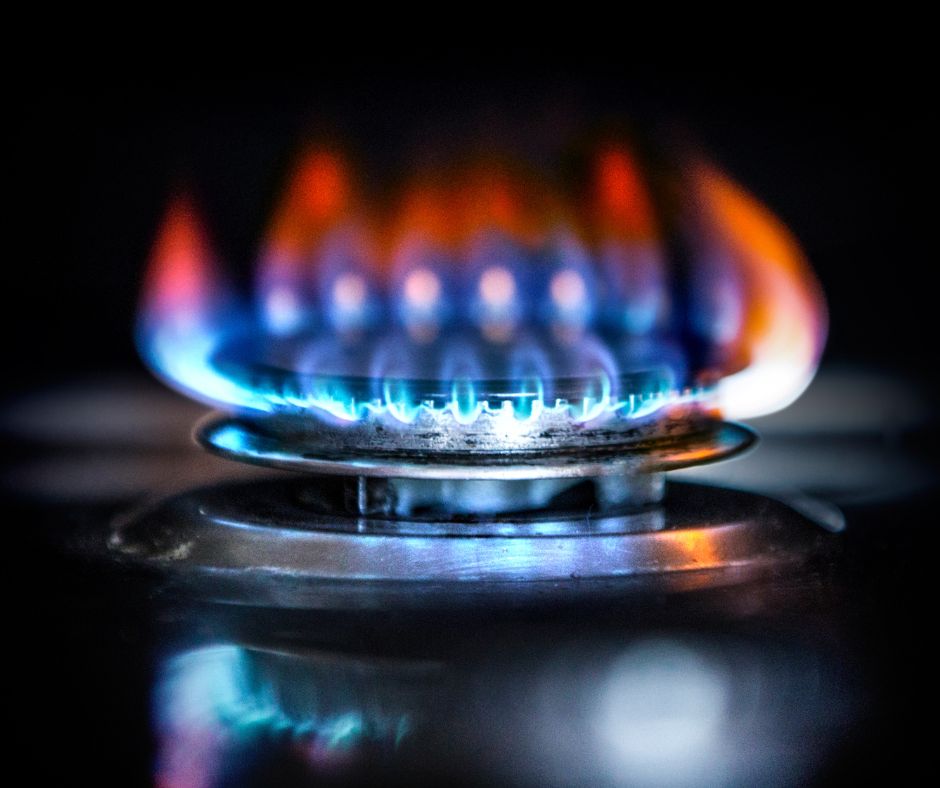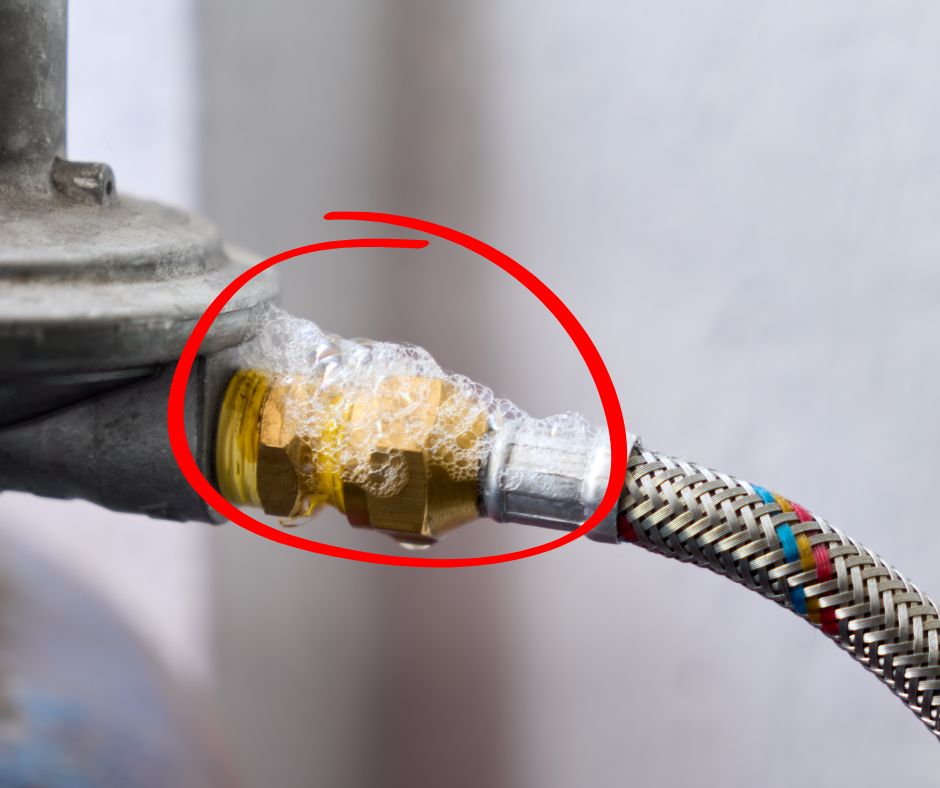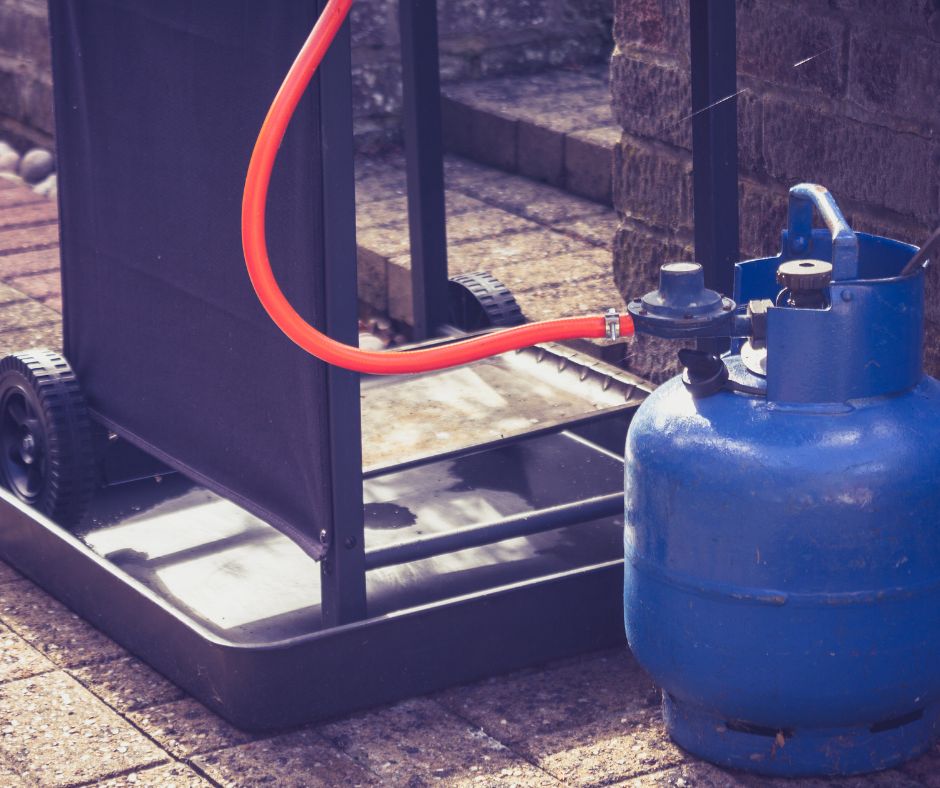How to Identify the Essential Signs of a Gas Leak in Your Home to Ensure Safety
Recognising the typical signs of a gas leak is crucial for safeguarding your well-being and the safety of your loved ones. If you detect a strong odour akin to rotten eggs, hear a hissing or whistling sound emanating from your gas appliances or pipes, observe yellow or orange flames instead of the usual blue, or frequently suffer from unexplained headaches or dizziness, these could all be alarming indicators of a gas leak. Additionally, pay attention to any wilting plants near outdoor gas lines, as this could signify a serious issue. Should you notice any of these concerning signs in your Wollongong residence, it is imperative to turn off your gas supply at the meter, ensure proper ventilation by opening windows, and urgently contact a licensed gasfitter for expert assistance.

When to Reach Out to a Gasfitter for Emergency Assistance
Encountering a gas leak is an urgent matter that requires immediate action; procrastination is not an option. A single spark can transform an otherwise safe household into a perilous environment. Gas leaks can originate from numerous causes, such as defective connections, outdated appliances, or even corrosion in underground gas lines. Timely detection and rapid response are vital to preventing injuries, property damage, or potentially disastrous consequences. Homes in Wollongong, particularly those equipped with older gas heating systems or inadequately ventilated setups, face heightened risks if their gas systems are not routinely inspected. This comprehensive guide aims to equip you with the essential knowledge to recognise a gas leak, the immediate actions to undertake, and the appropriate time to contact a licensed gasfitter for urgent repairs.
Key Indicators of a Gas Leak in Your Home That You Should Never Ignore
1. Detecting the Characteristic Odour of Rotten Eggs
Natural gas is odourless in its pure state; however, to facilitate leak detection, suppliers intentionally add a compound known as mercaptan, which emits a strong, sulphur-like smell. If you suddenly notice a distinct odour reminiscent of rotten eggs, it is crucial to take this warning very seriously. This unmistakable scent acts as an immediate signal that gas may be leaking within your home, requiring swift action to protect the safety of all occupants.
2. Listening for Hissing or Whistling Noises Near Gas Appliances
A significant indicator of a gas leak can be the sound of gas escaping under pressure from a pipe or hose, often generating a soft yet discernible hissing noise. If you hear such sounds in proximity to your gas appliances or near gas lines, it could signify a leak. Always remain vigilant and investigate any unusual noises, as they may represent a critical safety issue that necessitates immediate professional assessment.
3. Observing Flames with Unusual Colours in Your Gas Appliances
Gas cooktops and heaters are designed to burn with a clean, bright blue flame. If you notice that the flames are yellow or orange, or if they flicker erratically, this could indicate incomplete combustion, potentially caused by gas leaks or blockages within the system. Observing such discoloured flames is a significant warning sign that something is amiss with your gas appliances, and it requires urgent investigation to prevent further complications.
4. Experiencing Unexplained Health Symptoms Among Family Members
If you or your family members frequently suffer from headaches, dizziness, nausea, or fatigue while indoors, these symptoms could suggest exposure to gas or a build-up of carbon monoxide in an enclosed area. Such reactions are serious and warrant immediate attention. It is essential to recognise these symptoms and take the necessary precautions, as they may point to a hazardous situation that requires urgent intervention from a licensed gasfitter.
5. Identifying Wilting Houseplants or Dying Outdoor Flora
Gas leaks occurring near outdoor gas lines or under slab connections can lead to the gradual decline of nearby plants and vegetation. This occurs because the escaped gas displaces oxygen in the soil, making it challenging for plants to flourish. If you observe wilting or dying houseplants or outdoor vegetation in the vicinity of these areas, it may indicate a gas leak that necessitates immediate evaluation by a qualified professional.

Essential Steps to Follow If You Suspect a Gas Leak
1. Immediately Shut Off the Gas Supply
Locate your gas meter and turn the valve clockwise to shut off the gas supply to your home. This valve is typically located on an exterior wall, either at the front or side of your property. Acting quickly at this point is critical for ensuring safety and minimising risks.
2. Avoid Using Any Electrical Devices
Refrain from turning on lights, appliances, or any electrical outlets. Even the tiniest spark from an electronic device can ignite leaked gas, leading to potentially catastrophic consequences. Maintain a safe distance from any electrical sources until the situation has been properly assessed and resolved.
3. Open All Windows and Doors for Sufficient Ventilation
Ensuring effective airflow is crucial for mitigating the dangers associated with gas accumulation. Open all windows and doors to facilitate the circulation of fresh air; cross-breezes are particularly effective in dispersing trapped gas. This step is vital for reducing the concentration of gas in your home’s atmosphere.
4. Avoid Attempting Repairs on Your Own
Only licensed gasfitters are legally permitted to repair or reconnect gas systems in NSW. Any attempt to interfere with the system can introduce additional dangers and may even void your insurance policies. It is essential to leave repairs to qualified professionals who possess the requisite expertise and training.
5. Contact a Licensed Gasfitter Without Hesitation
If you suspect a gas leak, reach out to a licensed gasfitter for emergency response services in Wollongong and surrounding suburbs. Get in touch with CS Plumbing’s licensed gas services or our 24/7 emergency plumbing team for prompt and professional assistance whenever necessary.
Understanding the Importance of Compliance with NSW Gas Safety Regulations in Your Home
In New South Wales, all gasfitting work is required to adhere to the Gas and Electricity (Consumer Safety) Act 2017, which ensures that the highest safety standards are maintained. All gas-related work must be conducted by a licensed gasfitter to comply with these critical regulations.
After any regulated work is completed, it is advisable to request a Certificate of Compliance to confirm that all safety standards have been met. As a homeowner in Wollongong, you have the legal obligation to ensure that your gas appliances and installations are maintained and repaired solely by licensed professionals.
Proactive Strategies to Prevent Future Gas Leaks in Your Home
- Schedule annual gas safety inspections, especially before the onset of the winter heating season.
- Replace old flexible gas hoses and bayonet fittings that appear cracked or brittle to prevent leaks from occurring.
- Ensure that vents and exhausts are clear of obstructions to guarantee adequate airflow throughout your home.
- Regularly inspect for corrosion on outdoor connections, particularly following heavy rainfall or exposure to coastal conditions.
- Utilise only branded, certified gas appliances to ensure optimal safety and efficiency in your home.

The Article: Detect and Respond to a Gas Leak in Your Wollongong Home first appeared on https://writebuff.com
The Article Gas Leak Detection and Response for Your Wollongong Home Was Found On https://limitsofstrategy.com

